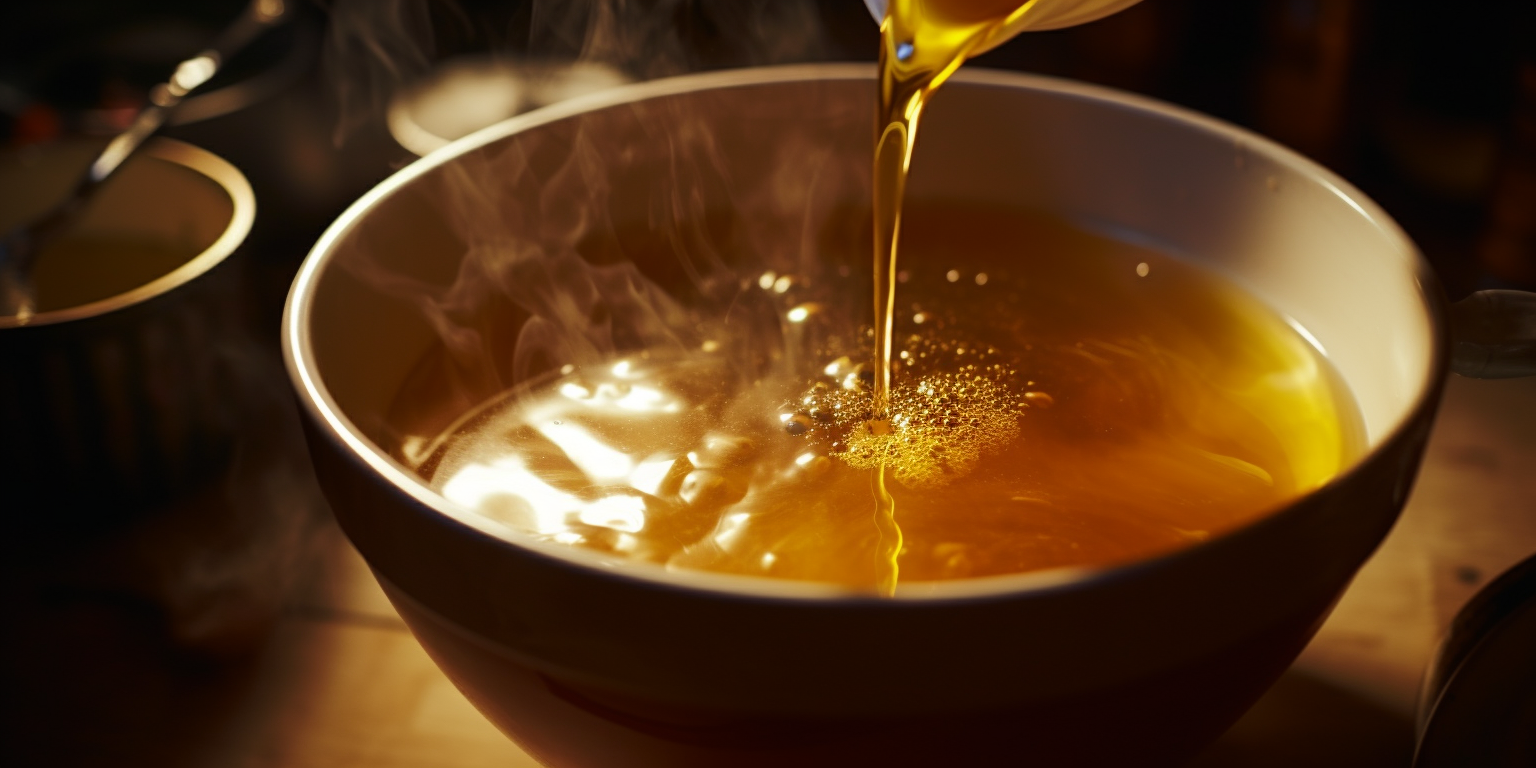Embarking on a ketogenic diet can transform your health by promoting fat burning, weight loss, and boosted energy levels—all without the need to restrict calories or endure bland meals. The magic lies in the principle of "eat fat to burn fat," where drastically cutting carbs forces your body to burn fat for fuel, producing ketones. But to maximize these benefits, you need to know exactly which foods to include and which to avoid.
The keto diet is a high-fat, low-carb regimen that's gained popularity for its effectiveness in weight and fat loss. By understanding the keto diet food list, you can make informed choices that align with your health goals. From delicious low-carb fruits like blackberries and raspberries to protein-rich meats and healthy fats, the right selections can make your keto journey both enjoyable and successful.

Keto Diet Basics
Understanding Keto
The ketogenic diet focuses on drastically reducing carbohydrate intake and increasing fat consumption. By limiting carbs to just 20-30 net grams per day, your body enters a metabolic state called ketosis. In ketosis, your body burns fat for energy instead of its usual fuel source, glucose. This process leads to the production of ketones, promoting fat loss and increased energy levels.
Benefits and Precautions
Following the keto diet offers multiple benefits including weight loss, improved mental clarity, and sustained energy. Studies show that keto can also help manage conditions like type 2 diabetes and epilepsy. However, transitioning to keto might lead to temporary symptoms known as the "Keto Flu." These symptoms include headaches, fatigue, and irritability. To mitigate these effects, stay hydrated by drinking close to a gallon of water daily, and consider adding bone broth to your diet for extra electrolytes.
It's crucial to read nutrition labels carefully to avoid hidden carbs and sugars in foods. When using condiments or sauces, be mindful of serving sizes as they can contain unexpected carbs. Limiting diet sodas and artificial sweeteners also helps maintain ketosis and reduces cravings.
Essential Keto Foods
Meats and Seafood
Meat and seafood serve as foundational elements in a keto diet. Varieties like chicken, pork, steak, ground beef, lamb, bacon, turkey, and ham provide crucial proteins and fats. Fatty cuts of meat, such as beef and pork, enrich your body with B vitamins and essential minerals. Seafood like salmon, albacore tuna, sardines, and other fatty fish supply omega-3 fatty acids, promoting heart health and reducing chronic disease risk. Shellfish, including crab, clams, oysters, lobster, and mussels, are also excellent low-carb options.
Dairy and Eggs
Incorporate a variety of full-fat dairy products to maintain the required fat intake. Options include sour cream, cottage cheese, cream cheese, heavy cream, and hard and soft cheeses. These dairy items provide valuable nutrients and enhance flavor without added sugars. Eggs are a versatile and nutrient-dense choice, delivering proteins, healthy fats, and essential vitamins.
Low-Carb Vegetables
Focus on vegetables that grow above ground to keep carbohydrate intake low. Examples include cauliflower, broccoli, zucchini, spinach, and bell peppers. These veggies supply necessary vitamins, minerals, and fiber, supporting your overall health. Cauliflower, for instance, can be used in various keto recipes like cauliflower rice or mashed cauliflower.
Nuts and Seeds
Nuts and seeds are perfect for keto-friendly snacks or adding crunch to meals. Almonds, macadamia nuts, pecans, hazelnuts, walnuts, and their natural butters provide healthy fats and proteins. Seeds like chia, flax, and hemp are also excellent additions, rich in fiber and omega-3 fatty acids.
Fats and Oils
Healthy fats are the cornerstone of a successful keto diet. Include a variety of fats and oils such as butter, coconut oil, olive oil, ghee, lard, avocado oil, and avocados. These fats help you stay satiated and provide energy. Bone broth is another valuable addition, rich in collagen and electrolytes, aiding in joint health and gut support.

What to Avoid on Keto
High-Carb Fruits and Vegetables
Avoid high-carb fruits and vegetables to maintain ketosis. Starchy vegetables such as potatoes, sweet potatoes, and corn contain high levels of carbohydrates, disrupting your keto goals. Certain fruits like bananas, grapes, and apples are high in sugars and should also be excluded. Opt for low-carb options like leafy greens, berries, and bell peppers to stay within your carb limits.
Sugary Foods and Sweeteners
Sugary foods and sweeteners are detrimental to a keto diet. Items like candy, cakes, and sodas quickly raise blood sugar levels, pulling you out of ketosis. Limit or exclude honey, maple syrup, and traditional sugar from your diet. Choose natural low-carb sweeteners like stevia if a sweet taste is essential for you. Controlling your intake of sugars ensures you sustain metabolic ketosis effectively.
Grains and Starches
Grains and starches contribute to high carbohydrate intake. Bread, pasta, rice, and cereals contain significant amounts of carbs, which can hinder ketosis. Even whole grains like quinoa and oats should be avoided due to their carb content. Instead, use alternatives like cauliflower rice or zucchini noodles for your meals. This approach helps maintain a low-carb lifestyle, essential for a successful keto diet.
Avoid these high-carb foods to stay in ketosis and achieve the metabolic benefits of a ketogenic diet. Choose keto-friendly foods wisely for better health and weight management.
Managing Your Keto Diet
Adopting a keto diet can transform your approach to eating and health. By focusing on the essential foods like meats, seafood, dairy, and low-carb vegetables, you'll be well on your way to achieving your goals. Avoiding high-carb foods is crucial to maintaining ketosis and reaping the benefits of this diet. Stay informed and make thoughtful choices to ensure your keto journey is both effective and enjoyable. With dedication and a well-planned food list, you can successfully navigate the keto lifestyle for better health and weight management.
Common Questions
Can you eat bananas on keto?
Bananas are not recommended on a keto diet as they are high in carbs. Fruits like grapes, mangos, and pineapples also fall into this category. Dried fruits, including raisins, dates, and apricots, should be avoided as they contain high levels of carbs and sugar.
Is peanut butter good for keto?
Yes, peanut butter can be part of a keto diet, but opt for natural, unsweetened varieties. Be cautious with portion sizes, as many commercial peanut butter products have added sugars that can increase carb content.
Can you eat popcorn on keto?
You can have popcorn on a keto diet, but in moderation. Popcorn contains 6 grams of carbs per 1 cup serving, with 1.2 grams of fiber, equating to 4.8 grams of net carbs per serving.
Can I eat an apple on keto?
Apples are generally too high in sugar to be suitable for a keto diet. Consuming them can quickly increase your carb intake. If you must have apples, use them sparingly and in small portions.
What sweets can be eaten on keto?
Keto-friendly sweets include Lily's Chocolate Bars, ChocZero Dark Chocolate Squares, SlimFast Keto Fat Bomb Snacks, Russell Stover Sugar-Free Pecan Delights, Atkins Snack Bars, Rebel Ice Cream, and Halo Top Keto Chocolate Cheesecake. These treats are low in carbs and won't disrupt ketosis when consumed in moderation.




